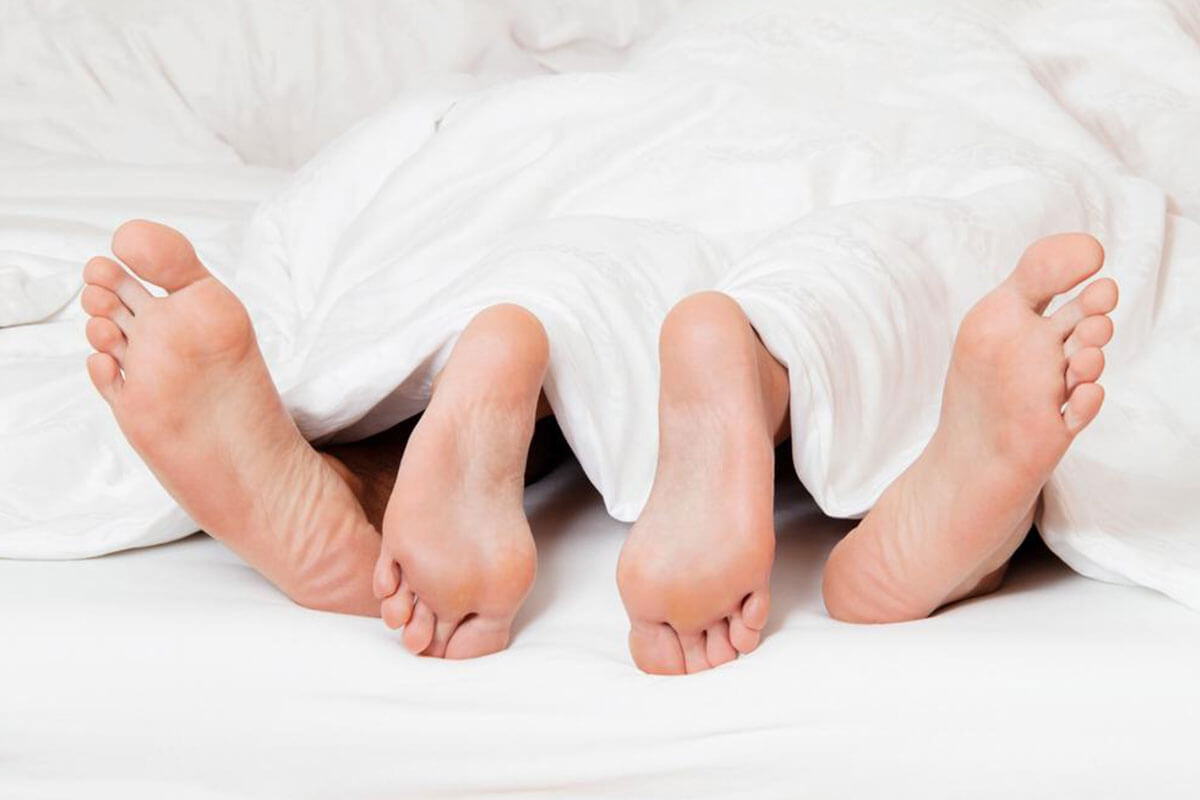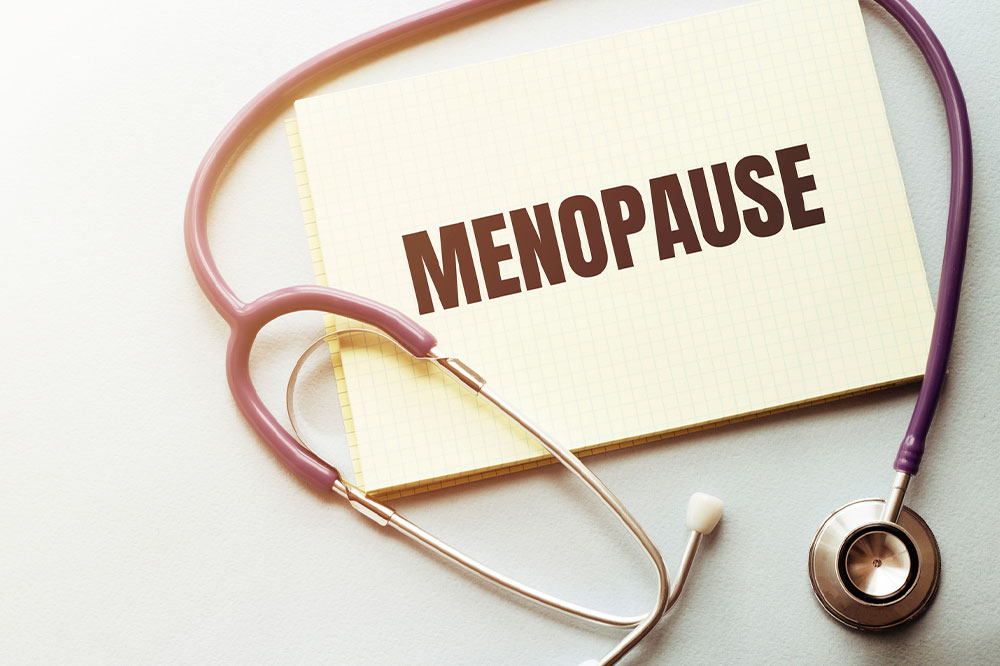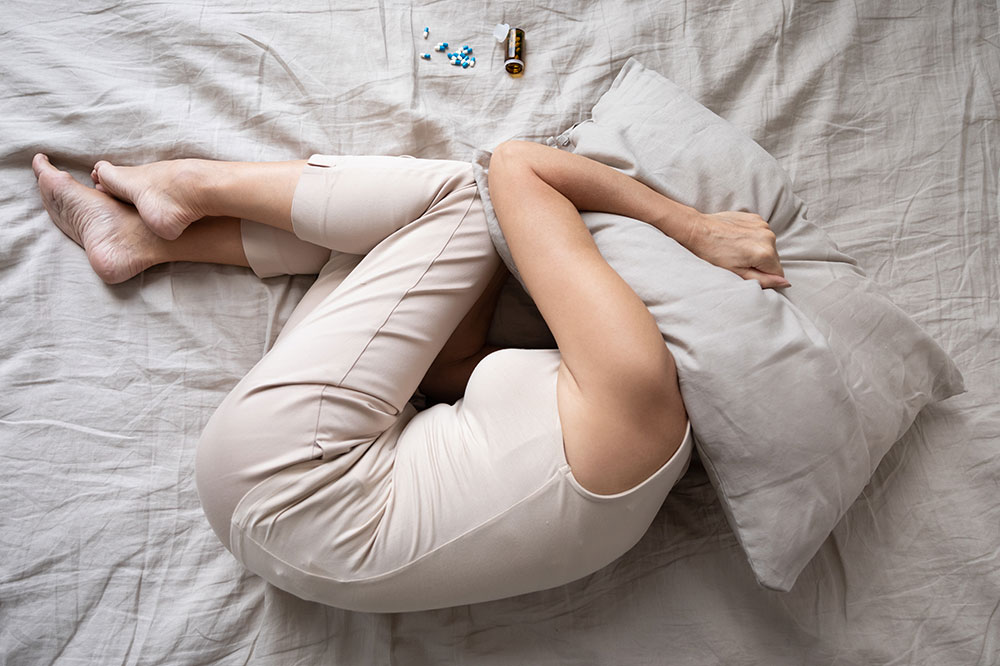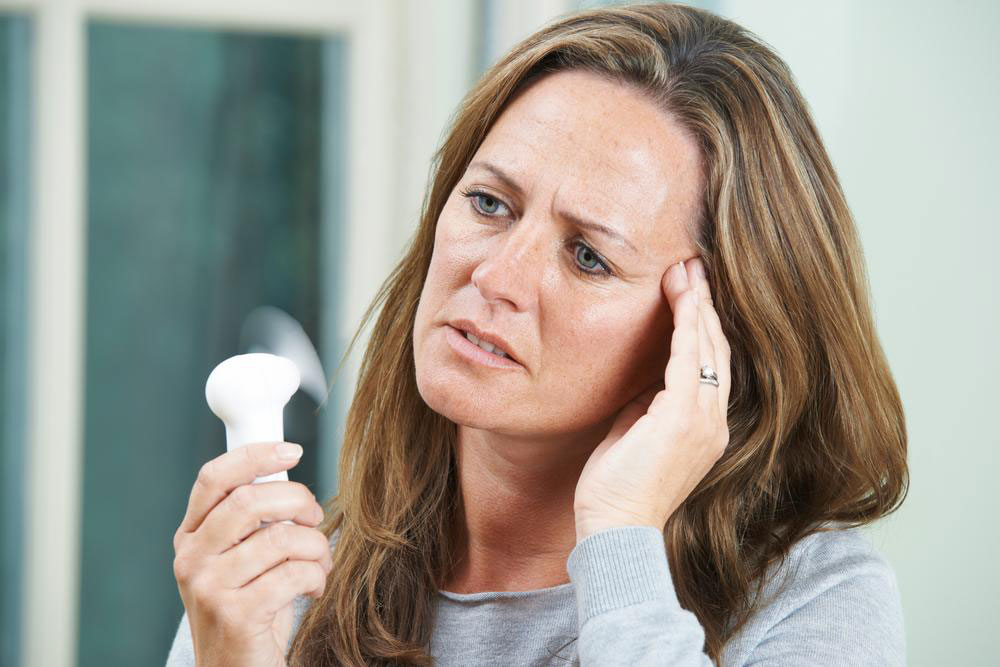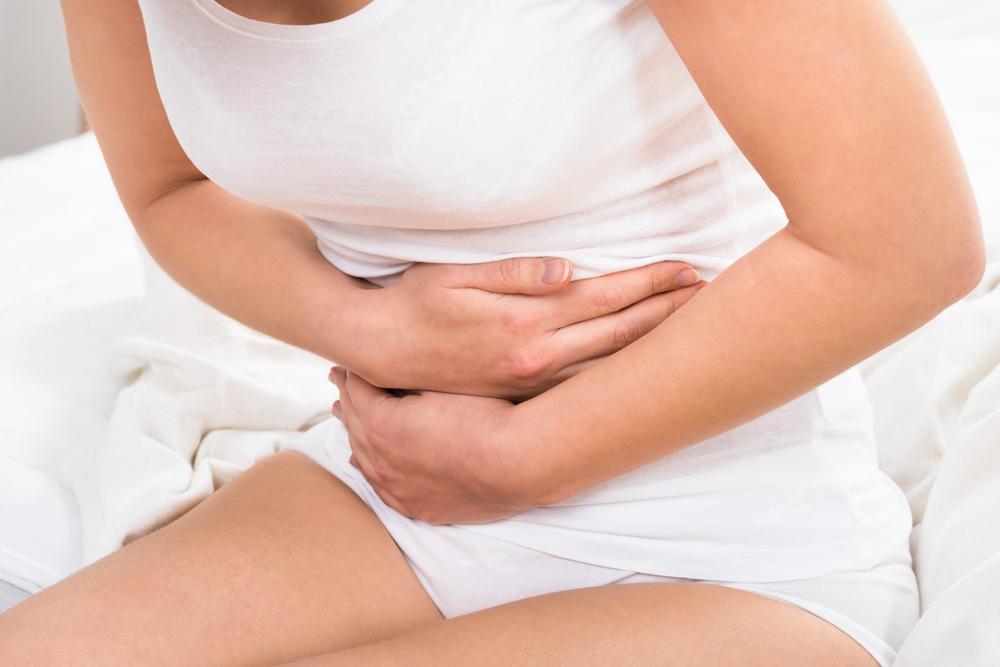Understanding Menopause-Related Vaginal Itching and Remedies
Vaginal itching during menopause stems from decreased estrogen levels, leading to dryness and irritation. Managing symptoms involves medical consultation, hormonal treatments, and lifestyle adjustments. Understanding these factors can help women find effective relief and improve comfort during menopause.

Understanding Menopause-Related Vaginal Itching and Remedies
Vaginal discomfort, often manifesting as itching, primarily results from dryness caused by decreased estrogen production. This issue commonly emerges during menopause when estrogen levels fall significantly. Such hormonal changes thin the vaginal lining and reduce natural lubrication, increasing the risk of dryness and irritation. Recognizing this relationship is crucial for effective management.
Several factors can worsen symptoms, including tight clothing that increases moisture, certain foods like dairy and caffeine, and scented hygiene products that irritate sensitive tissues.
To address menopausal vaginal itching, consulting a gynecologist is essential. The doctor will perform a pelvic exam and analyze vaginal samples to assess estrogen levels. Treatment options may include topical medications or hormone therapy, available as patches, sprays, or pills. Lifestyle adjustments, like wearing loose clothing, eating a balanced diet, and avoiding irritants, can also help ease symptoms. Always seek medical advice before starting any treatment to ensure safety and effectiveness.


